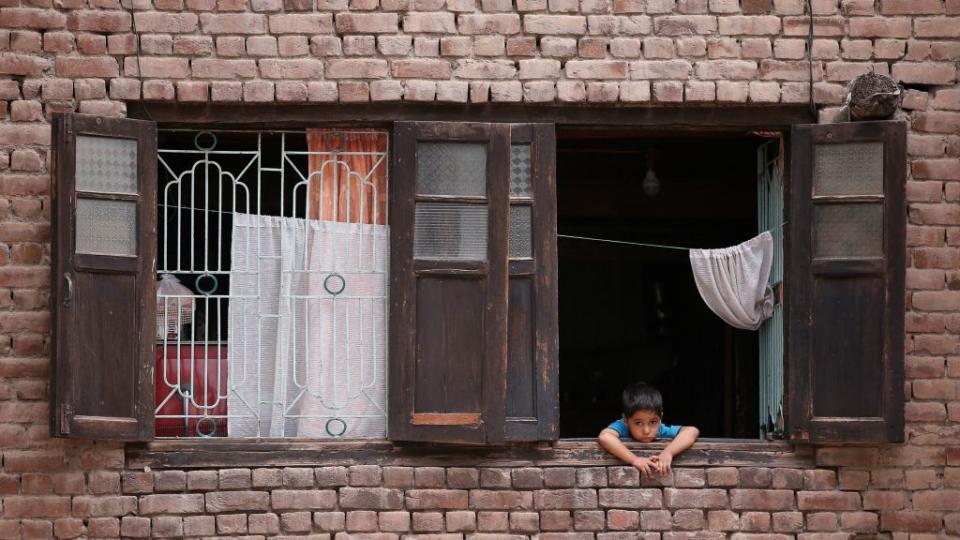Here’s why one in four Indians are worried about losing their homes

Losing one’s home remains a very real fear for many in India.
Nearly 27% of Indians say they are worried about losing their homes in the next five years, largely because of a lack of official documentation. That’s according to a new poll by Washington DC-based NGO Land Alliance and Gallup, which surveyed 14,000 respondents across 14 states. The poll is part of an ongoing effort by the Omidyar Network and the UK Department for International Development to create a global Property Rights Index, recording perceptions of ownership and the security of property rights around the world.
Property rights are important to consider because they can have spillover effects in society, playing a role in determining access to sanitation, water and electricity, which in turn affect health and education opportunities.
In India, 70% of the survey respondents were from rural areas and overall they earned a median monthly household income of Rs14,400 ($213). Even though over 90% of them said that they either owned their homes or lived in houses owned by family members, many noted that the lack of official documentation was the biggest risk to their property rights, followed by potential family disagreements. And the insecurity was even more pronounced among tenants.
“Those who rent their home are significantly more likely to express worry, with nearly half of these respondents worried about not being able to continue to live in the same home in the next five years,” the report said, noting that this was likely a reflection of the laws governing India’s rental property market which can discourage landlords from entering into long-term contracts with tenants.
Among the urban respondents, 13% were tenants, compared to just 2% in the rural segment. Many of these tenants lack formal rental agreements and remain vulnerable to eviction. In addition, even owners in urban areas were more concerned about property rights than their rural counterparts. As many as 30% of urban owners said they were worried about losing their homes, compared to 26% of the rural home-owners, according to the report.
And as India’s urban population is expected to surge to 600 million by 2030, from 377 million in 2011, the obstacles that endanger property rights, including the high costs and bureaucratic difficulties associated with getting official documentation, pose an even bigger concern.
“Insecure property rights can threaten to undermine the benefits of urbanisation,” the report said.

Sign up for the Quartz Daily Brief, our free daily newsletter with the world’s most important and interesting news.
More stories from Quartz:

 Yahoo Finance
Yahoo Finance 